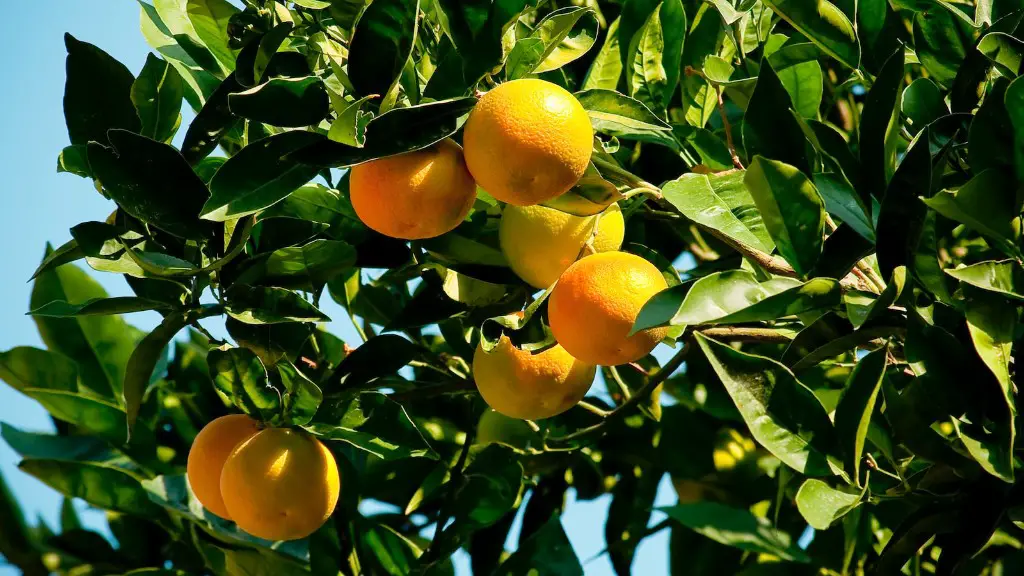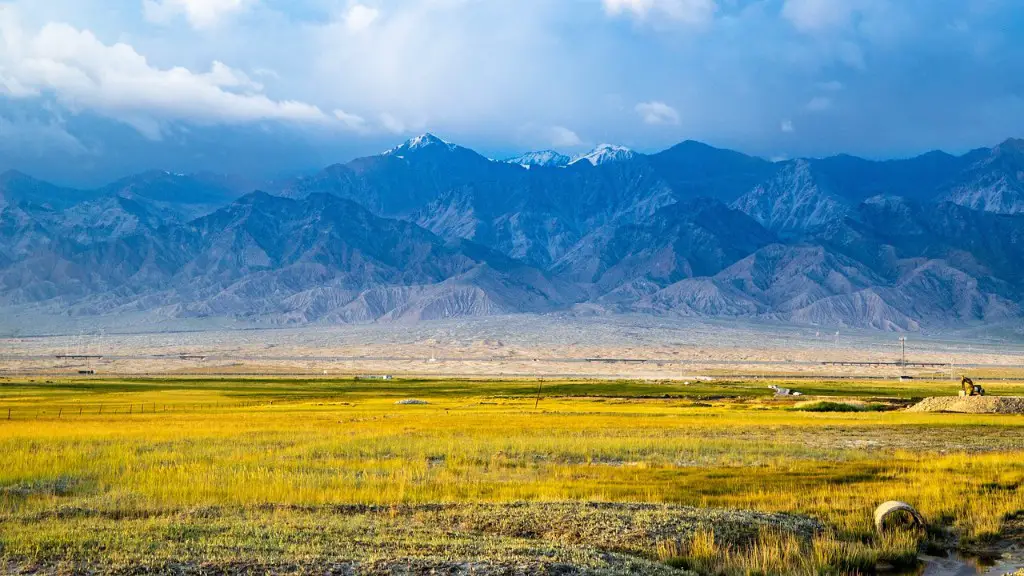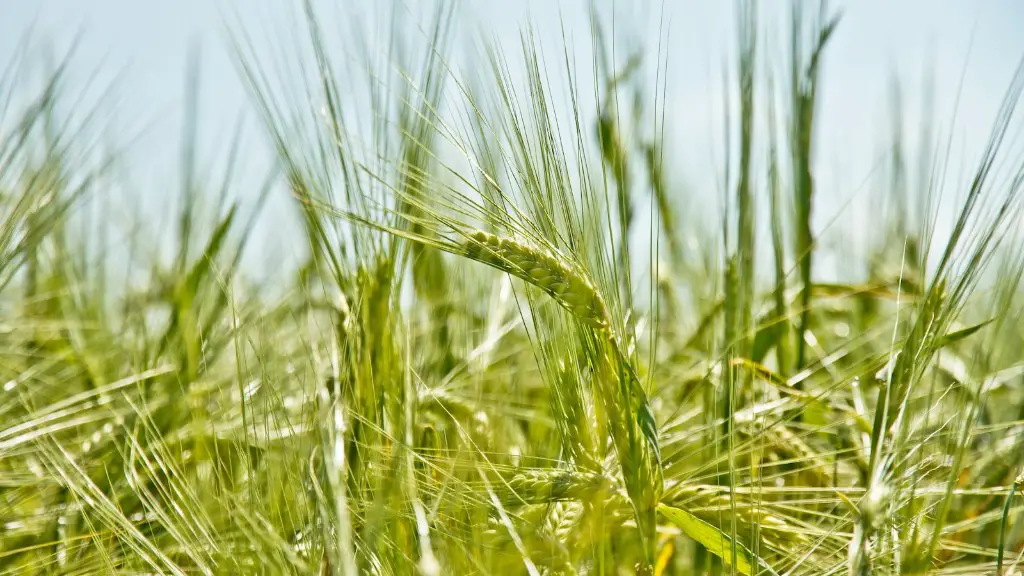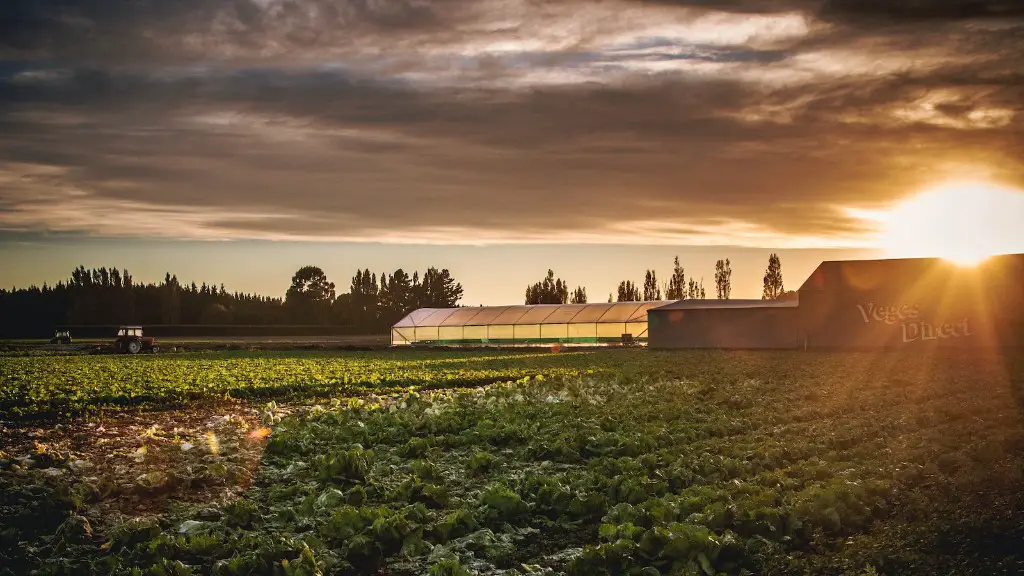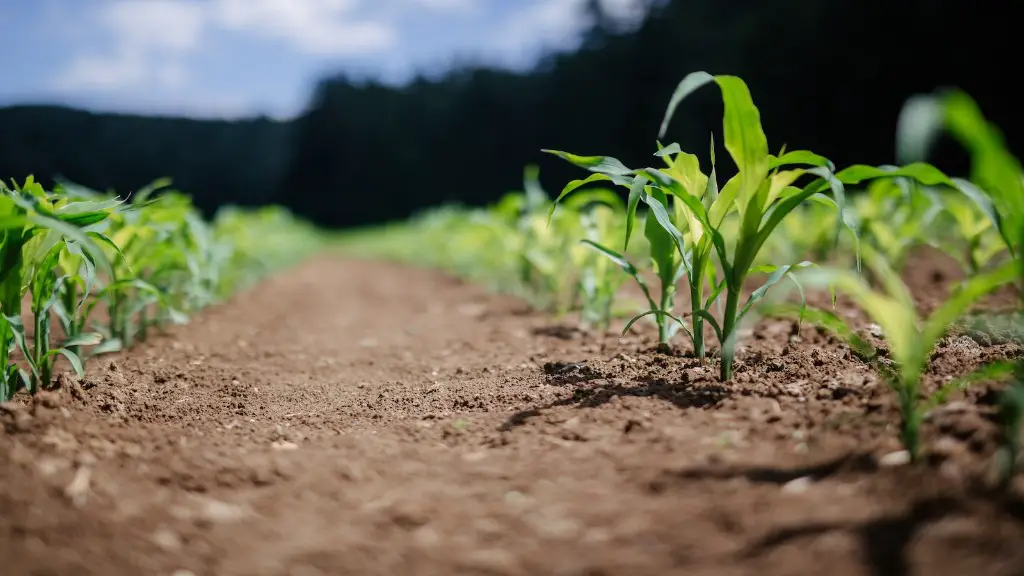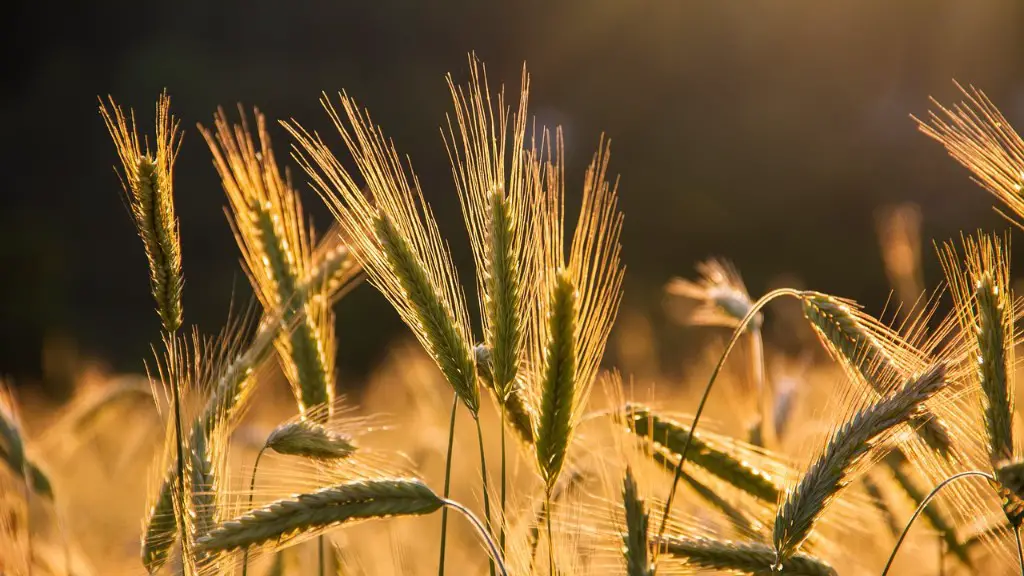Water is a precious resource, especially in agriculture. Reducing water waste and making the most of it is a key factor in sustainable farming practices. As an agricultural expert, I have listed several steps that can efficiently reduce water waste in agriculture.
The foremost step is to enhance water conservation strategies. This includes strategies related to water storage, filtration, and distribution. Water storage practices should be implemented in all agricultural systems and farms, to ensure an even supply of water for all the crops or animals. This could be anything from harvesting rainwater through tanks, to constructing irrigation-based systems. Additionally, using advanced filtration systems can help prevent salt buildup, and make sure that the water is suitable for agricultural use.
Improving drip irrigation systems also helps in conserving water. This technique helps to properly supply the necessary amount of water at regular intervals to the crop roots. Moreover, the infiltration rate of the soil should be accurately measured so that minimal water is required to maintain the desirable water uptake levels. In addition, soil moisture measurements facilitate application of optimal irrigation regimes.
Another way to reduce water waste is to use varieties of crops that require minimal irrigation, and cultivate the land at a suitable seasonal timing. Furthermore, weather forecasting systems can help to determine the ideal window for crop planting, taking the local climate conditions into consideration.
Additionally, farmers can employ the services of professional consultants, who specialize in agronomy and irrigation. These experts can help to identify areas of improvement within the farm, as well as devise a personalized water conservation plan to reduce water wastage. Above all, a campaign of awareness and education can be undertaken to help equip farmers with up-to-date expertise, and help them to implement sustainable water use practices.
Farm Waste
One of the most important aspects of reducing water waste in agriculture is to cut down on the waste generated by farm activities. This can include collecting and reusing manure, composting materials, and reducing the amount of chemicals used in the farm. Proper disposal of farm waste can also benefit the environment and prevent unnecessary water usage.
It is also important to keep a track of water usage, and maintain accurate records of the same. This can be achieved through modern water management software, which can help to monitor the water supply and usage in the farm both in real-time, as well as historically. This allows for a better understanding of water usage and its conservation.
In addition, it is paramount to bring up to date the irrigation systems and adjust the delivery amounts. These techniques rely on sophisticated systems equipped with sensors that detect soil moisture levels, calculate the amount of water required, and then supply the same to the crops.
The importance of soil analysis cannot be stressed enough. This helps to analyze the type of soil present in the farm, and the water absorbency rate of the same. The pH levels of the soil should also be checked periodically and adequate nutrients added, to prevent soil salinity and maintain a healthy agricultural area.
Hybrid Crops
Using hybrid crops for agriculture can reduce the cost of water wastage significantly. Crops such as corn, potatoes, and wheat have been bred in the lab to require less water, and thus, increase the yield of the crop with minimal water wastage.
Moreover, mulching can also help in water conservation. This process involves covering the soil around the crop with an organic or synthetic material to prevent evaporation of the water, thus, reducing the water requirement. Additionally, cover crops can be used, whereby farmers grow additional crops in the farm in order to prevent soil erosion, decrease the amount of water wastage, and maintain the biodiversity of the farm.
Nutrient efficiency, another key factor, should also be stressed. This helps to optimize the crop productivity, reduce water wastage and decrease the contamination of water systems with hazardous chemicals. Additionally, improving the soil structure by adding organic matter also helps to reduce water wastage, as well as prevent the soil from becoming overly saturated.
Finally, water harvesting can also prove to be advantageous. This technique involves collecting water from surfaces such as rooftops and sheets, and then utilizing this water for agricultural purposes. Additionally, recycling of water can also help in reducing the wastage, as water collected from irrigation runoff or rainwater can be recycled for use in other areas of the farm.
Diversion Systems
The implementation of water diversion systems is another practical way to reduce water wastage in agriculture. This involves redirecting water from large sources, such as nearby lakes and ponds, and then using this as irrigation supplies.
These systems also ultimately rely on advanced technologies, such as pumps and pipes. They also help to maintain water availability and supply even in drought conditions. Furthermore, these systems are ideal for large-scale farming activities, and thus, it is important to undertake regular maintenance checks on the pumps, filters, and other related equipment of the system.
Moreover, implementing water-efficient drip systems, or hydroponic systems can help to reduce water wastage significantly. Both of these systems help to reduce water consumption and maintain the necessary soil and air moisture levels. Additionally, hydroponic systems also require less land area, and are thus beneficial for small-scale agricultural and urban farms.
Finally, it is important to include water conservation strategies in the farm policy. This helps to deprioritize the wasteful water usage practices, and encourages the use of advanced technologies and techniques that reduce water wastage in the farm.
Rainwater Harvesting
Rainwater harvesting is a great way to reduce water wastage in agriculture. This method involves capturing and collecting the rainwater runoff in tanks, and then reusing it for irrigation. It also helps to maintain the water table, and protect the water resources from drying out.
In addition, tanks that are strategically placed in low-lying areas, such as valleys or flats, can help to reduce the amount of water runoff and prevent further erosion. Furthermore, a good rainwater harvesting system should have a good filtration system in place, to filter and rid the water of any sediment or other pollutants, as well as to make it suitable for irrigational purposes.
Rainwater catchment systems are also gaining popularity as a useful water conservation system. This technique involves collecting the rainwater runoff from roofs and other surfaces, and then routing it for storage or redistribution for irrigation. These systems prove to be very helpful in reducing the water wastage, and in some cases, can even be used to generate electricity.
Furthermore, rainwater harvesting can also include fog collection. This method involves collecting the fine droplets of water present in the atmosphere, and then employing modern filtration systems that help to purify the water and make it suitable for agricultural purposes. This technique is especially beneficial in areas that do not receive sufficient precipitation, and thus, helps to conserve the water resources.
Groundwater Restoration
Groundwater restoration proves to be of great significance when it comes to reducing water wastage in agriculture. The process involves restoring the water table levels to their natural state, and thus, helps to reduce the groundwater pumping rates. Additionally, it also helps to conserve the water resources, maintain soil fertility, and protect the local environment.
One of the ways to achieve this is through Artificial Recharge Systems. These systems help to distribute the water over a wide area and thus, reduce the impact of pumping on the groundwater reserves. Moreover, these techniques can also be partially combined with rainwater harvesting systems, to further reduce the water wastage in agriculture.
Moreover, planting of trees, or afforestation, can also help in restoring the groundwater levels. This system can be used in areas with dry climates, and even in mountainous regions, where trees are planted to reduce the water runoff from the mountains and thus, reduce the amount of water wastage.
In addition, water recycling systems can also help to purify and reduce the amount of water used for irrigation. This technique is especially beneficial in areas where water resources are limited, and thus, using recycled water can help to conserve it. Additionally, by reusing the water, farmers can reduce the amount of fertilizers and pesticides used, and thus, protect the environment from further degradation.
Nitrogen & Phosphorus Control
Monitoring and managing the soil nitrogen and phosphorus levels is also very important when it comes to reducing water wastage in agriculture. The nitrogen levels should be maintained at optimum levels, so as to provide the proper nutrients to the crop and reduce the usage of fertilizers that can degrade the soil, and ultimately, impact water quality.
Phosphorus levels should also be regulated to reduce the water pollution, and to preserve the agricultural ecosystems. This can be done by using phytoremediaiton systems, wherein certain plants, such as sunflowers, are grown to reduce the soluble phosphorus levels in the soil. Moreover, farmers should opt for methods that reduce the usage of fertilizers, to preserve the soil health.
Keeping in mind water-saving practices when constructing any new infrastructure on the farm is also beneficial. This includes using the available water efficiently, and incorporating the necessary water conservation practices that reduce water wastage in the farm.
Above all, farmers should use modern water management techniques, such as data analysis. This helps to take into account real-time weather conditions, as well as analyse past data to devise strategies for minimal water wastage, and plan and develop an accurate irrigation schedule.
